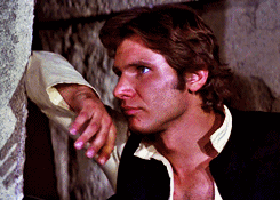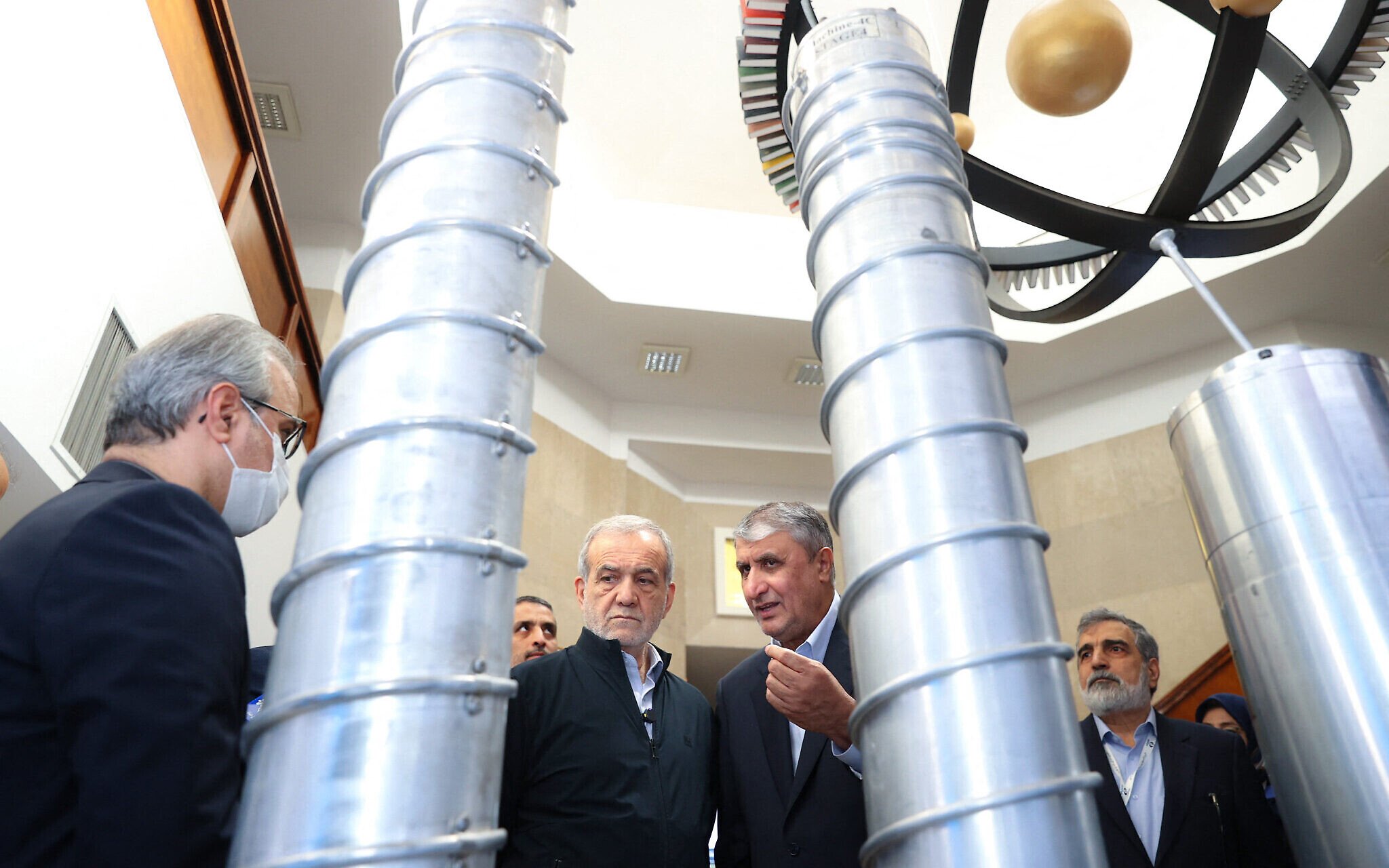Here’s a summarized breakdown of the archived content about the 1963 "battle of letters" between JFK and Israeli leaders over the clandestine Dimona nuclear reactor. JFK was assassinated the following months:
 1. Background: U.S. Concerns & Early Inspections
1. Background: U.S. Concerns & Early Inspections
- Throughout the early 1960s, the U.S. suspected Dimona, Israel’s secretly built reactor, could produce plutonium for weapons, raising fears of a Middle East nuclear arms race .
- Kennedy had already arranged limited American inspections in 1961 and 1962 through Atomic Energy Commission experts, but concerns persisted over possible concealment .
 2. April–June 1963: JFK’s Demands and Israeli Pushback
2. April–June 1963: JFK’s Demands and Israeli Pushback
- April 2, 1963: U.S. Ambassador Barbour formally demanded twice-annual visits to Dimona with full U.S. scientist access .
- April 26: PM David Ben‑Gurion replied with a seven-page letter invoking existential threats—referencing “another Holocaust”—and proposed broad security guarantees, hinting at Dimona’s true purpose without explicit admission .
- May 4: Kennedy rejected Ben‑Gurion’s diversionary strategy, emphasizing his demand for reliable access and warning that continued U.S. support could be “seriously jeopardized” otherwise .
- Ben‑Gurion faced criticism internally for being “sick” (in Hebrew), fearful Kennedy might even use military force. Ultimately, he resigned mid-June .
 3. Eshkol's Succession and the "Ultimatum" Letter
3. Eshkol's Succession and the "Ultimatum" Letter
- Shortly after taking office, PM Levi Eshkol received the same stern letter from Kennedy—effectively an ultimatum—threatening U.S.–Israel relations if inspections were blocked .
- Eshkol hesitated, eventually drafting several replies over six weeks. His August response agreed to “regular visits,” but tactfully avoided JFK’s twice‑yearly schedule .
 4. Outcome: Inspections Begin, But U.S. Concessions Made
4. Outcome: Inspections Begin, But U.S. Concessions Made
- The first U.S. inspection under these terms took place in January 1964, a few weeks after JFK was assassinated. Though scheduled as a two-day review, it took only one day and reportedly found no proof of weapons-related work .
- Washington pressed for bi‑annual inspections, but after JFK’s death, Lyndon Johnson softened the approach. Annual visits from 1964–1969 did take place, but lacked the rigor JFK had demanded .
 5. Broader Significance
5. Broader Significance
- The 1963-64 exchange illustrates Kennedy’s strong stance against nuclear proliferation and fear of failings in his wider non‑proliferation efforts .
- From Israel’s view, Dimona represented existential security—a strategic hedge against regional hostility. Ben‑Gurion and Eshkol viewed restraints on it as a direct threat to national survival .
- When U.S. enforcement softened after 1963, Israel advanced facilities for plutonium separation, while maintaining a deliberate policy of nuclear ambiguity .
 In summary
In summary, the “battle of letters” was a pivotal confrontation in 1963 wherein JFK demanded robust inspection of Israel’s Dimona reactor. Israel’s leaders, citing profound security fears, staved off strict verification, leading to modest concessions. Though inspections occurred, they fell short of JFK’s non‑proliferation standards—ultimately allowing Israel's near-completion of a nuclear-weapons capability under a policy of ambiguity.
Washington D.C., May 2, 2019 - During 1963, President John F. Kennedy was preoccupied with issues such as Vietnam, the nuclear test ban negotiations, civil rights protests, and Cuba. It is less well known, however, that one of his most abiding concerns was whether and how fast Israel was seeking...

nsarchive.gwu.edu







